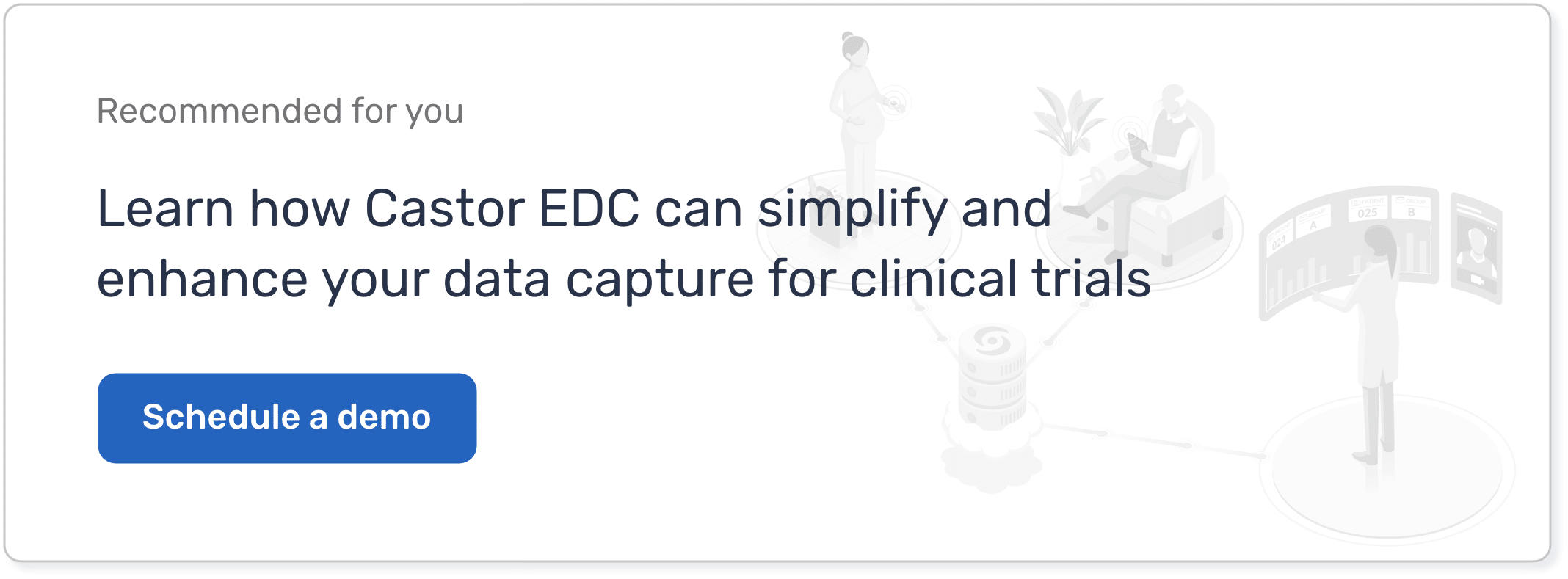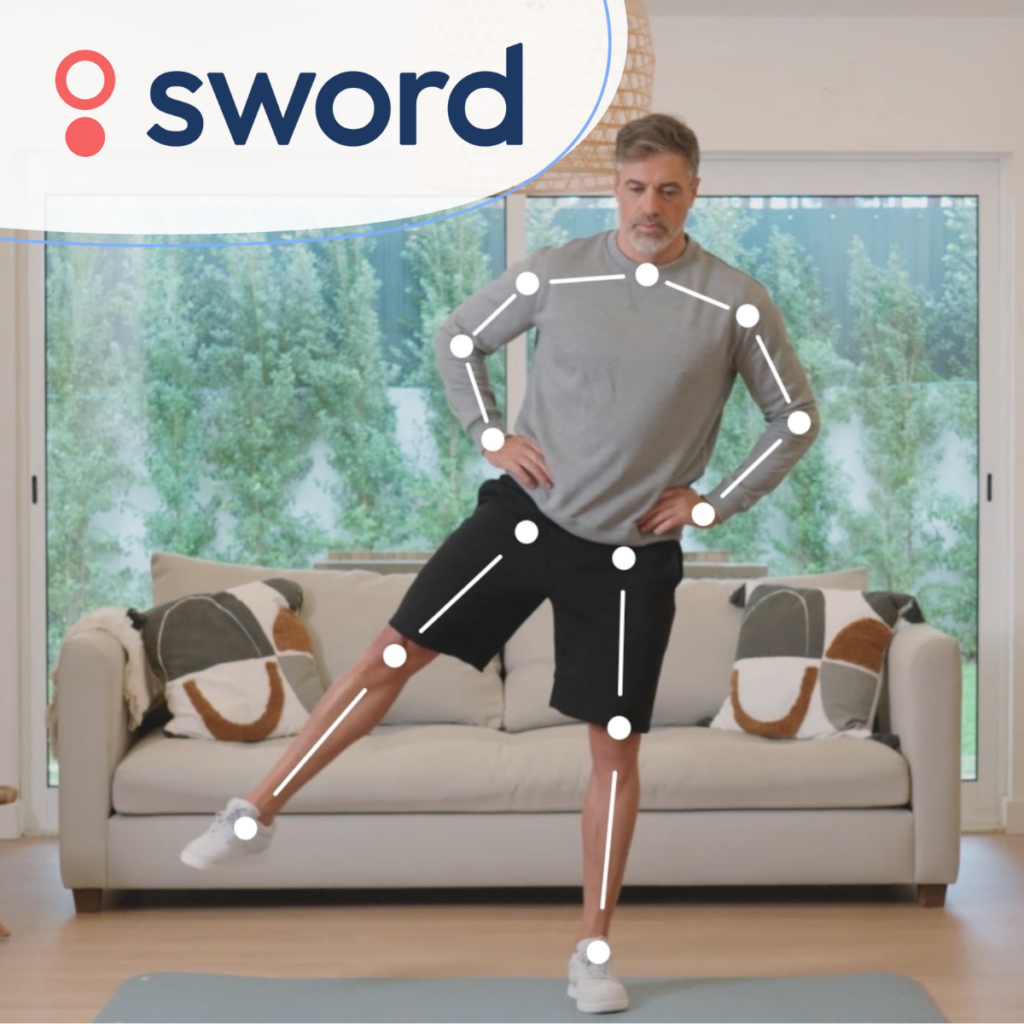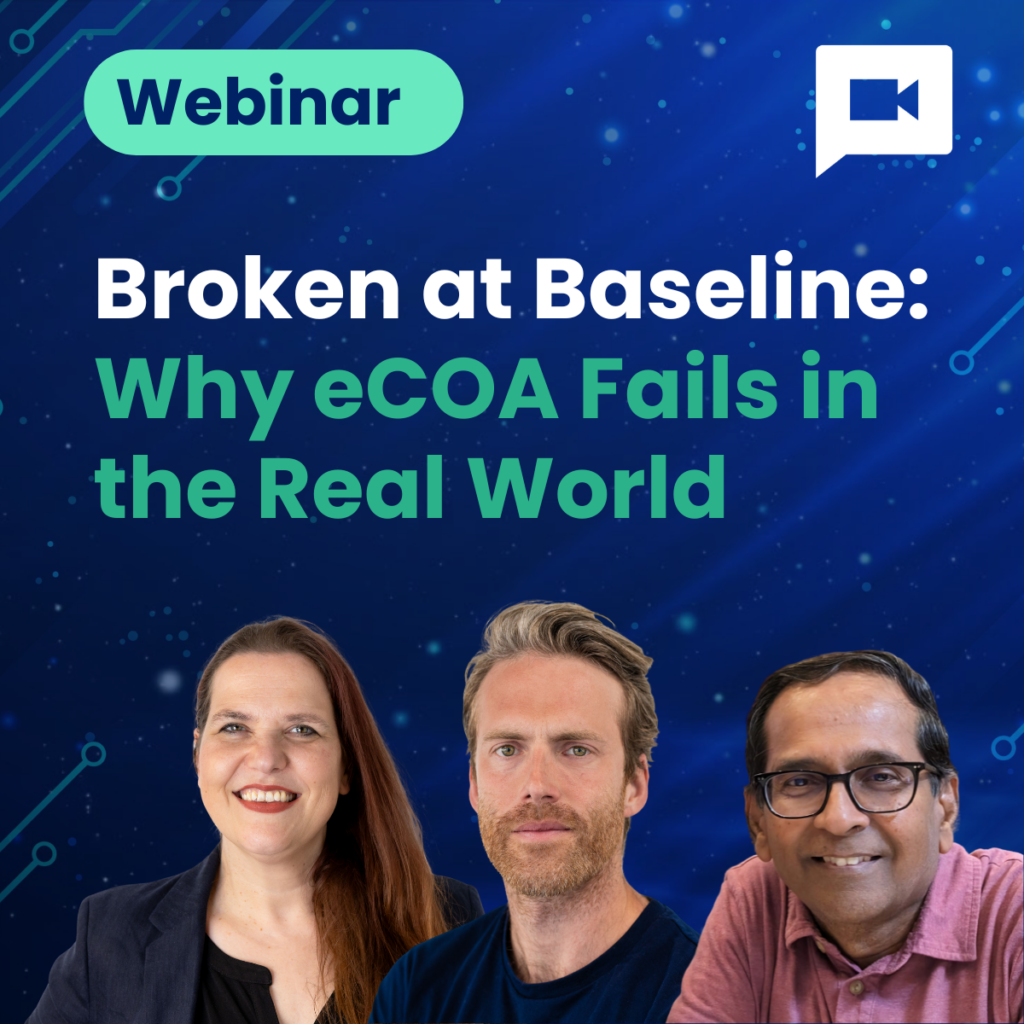Sharing photos, ordering groceries, online dating. It seems like there’s a mobile application for everything. With millions of different ways to integrate technology into everyday lives, it isn’t surprising that it is also being seen in the medical field.
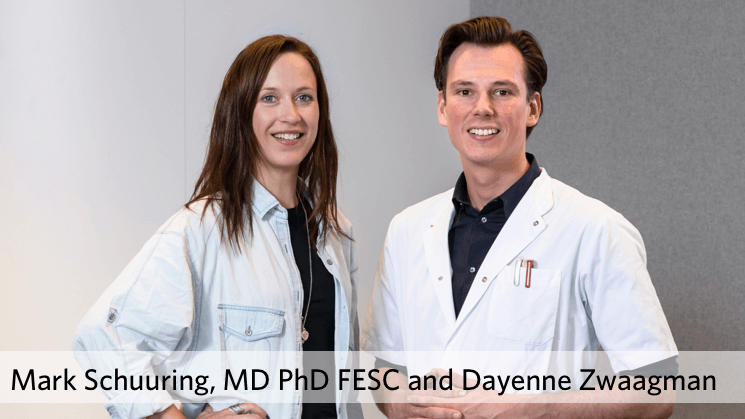
Mark J. Schuuring and Dayenne Zwaagman have teamed up to reorganize health care with the integration of mobile health. Instead of sharing posts or navigating a map, this idea may save lives. Castor is excited to help fund their project and to be a part of this exciting new journey of cardiac research and care.
The Minds Behind eHealth
Meet Mark J. Schuuring. After receiving his Ph.D., Mark began his cardiology training in April 2015. With a passion for academic and clinical congenital heart disease research, he completed his medical school research internships in cardiology. Mark is also currently enrolled in a Health Informatics Masters program.
Meet Dayenne Zwaagman. Born with a congenital heart defect, Dayenne is determined to help others just like her. The heart defect occurred due to one of the chambers in her heart not fully developing, resulting in only one chamber being able to pump blood. The oxygenated blood and the deoxygenated blood started to mix, causing less oxygen to reach her body. Dayenne’s interest in research grew over the years, allowing her to connect with Congenital Heart Disease (CHD) survivors through her own foundation: Heart4Research. She currently works in social services.
About the Crowdfunding Project
The idea for the crowdfunding project sparked when Mark realized that despite over 100, 000 different eHealth tools already existing, tools are scarcely used (1). Current applications are often technologically driven with commonly neither patients or doctors involved in its development.
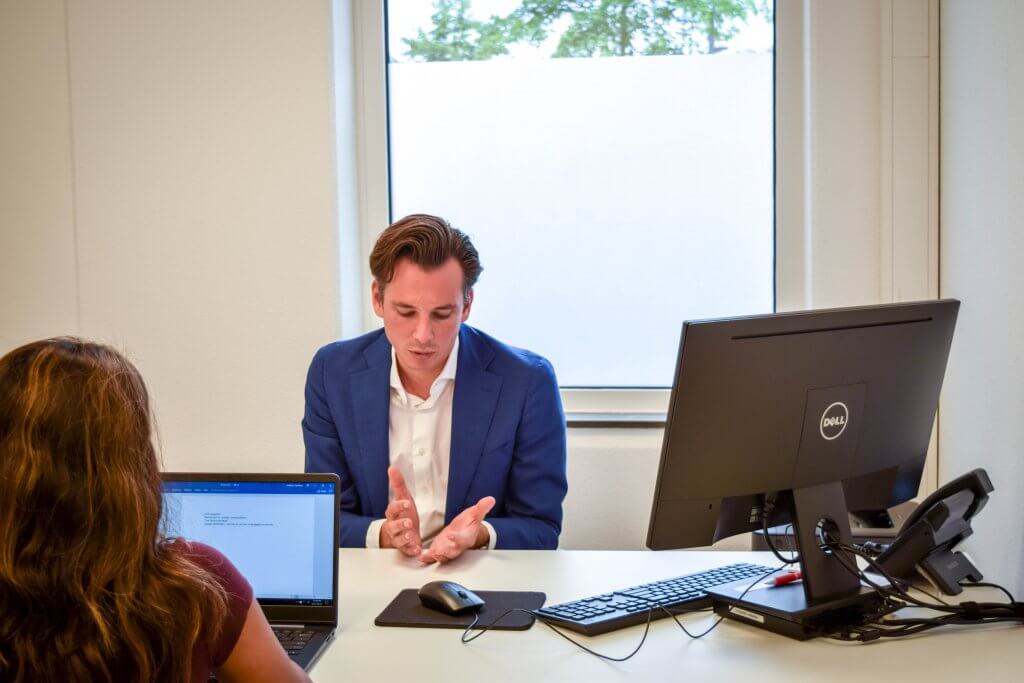
Taking a different approach
By involving patients, doctors, technicians, and insurance companies from the very start, an optimal environment can be developed with full support for the patients. Mark believes that bringing it back to the basics and understanding the needs of the patients will set this project a part.
The impact on patients’ lives
Patients with CHD may experience rhythm disorders during their everyday lives. When the heart doesn’t beat regularly, it can be worrisome for the patient. The current procedure is to immediately go to an emergency department and to seek medical attention.
Dayenne told Mark how unsafe she felt when experiencing cardiac arrhythmias (irregular heartbeats) at home. Since she didn’t know whether they were dangerous or not, she often had to rush to the hospital to check. Living with this dependency on others made Dayenne feel unsafe and uncertain.
Together, Mark and Dayenne have formulated a solution. By detecting deterioration in the heart early, interventions can also be implemented early.
This new eHealth tool will be able to monitor patients in the comfort of their own home. If an irregular heartbeat occurs, the software of the eHealth tool can filter it and send it to a specialized nurse. If the heartbeat is not of concern, the patient can be immediately reassured. If the heartbeat is dangerous, the nurse can notify the supervising cardiologist, who can then take action and decide what the next step is. By connecting patients and doctors, this eHealth tool can improve the quality of life for CHD survivors.
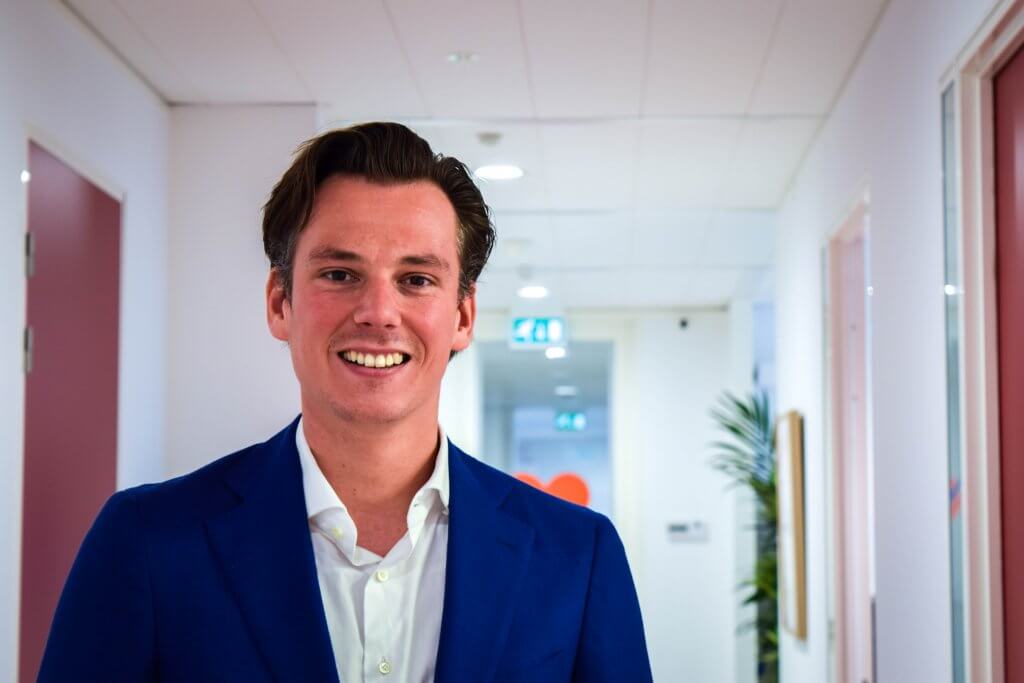
With the crowdfunding money, Mark and Dayenne hope to raise awareness and increase the quality of life for long-term CHD survivors. Through patient devotion and direct involvement of doctors and stakeholders in its development, eHealth can improve the lives of CHD survivors everywhere.
References:
- Netherlands Heart Journal, Schuuring MJ, Backx AP, Zwart R, et al. Mobile health in adults with congenital heart disease: current use and future needs. Neth Heart J. 2016;24(11):647-652.
